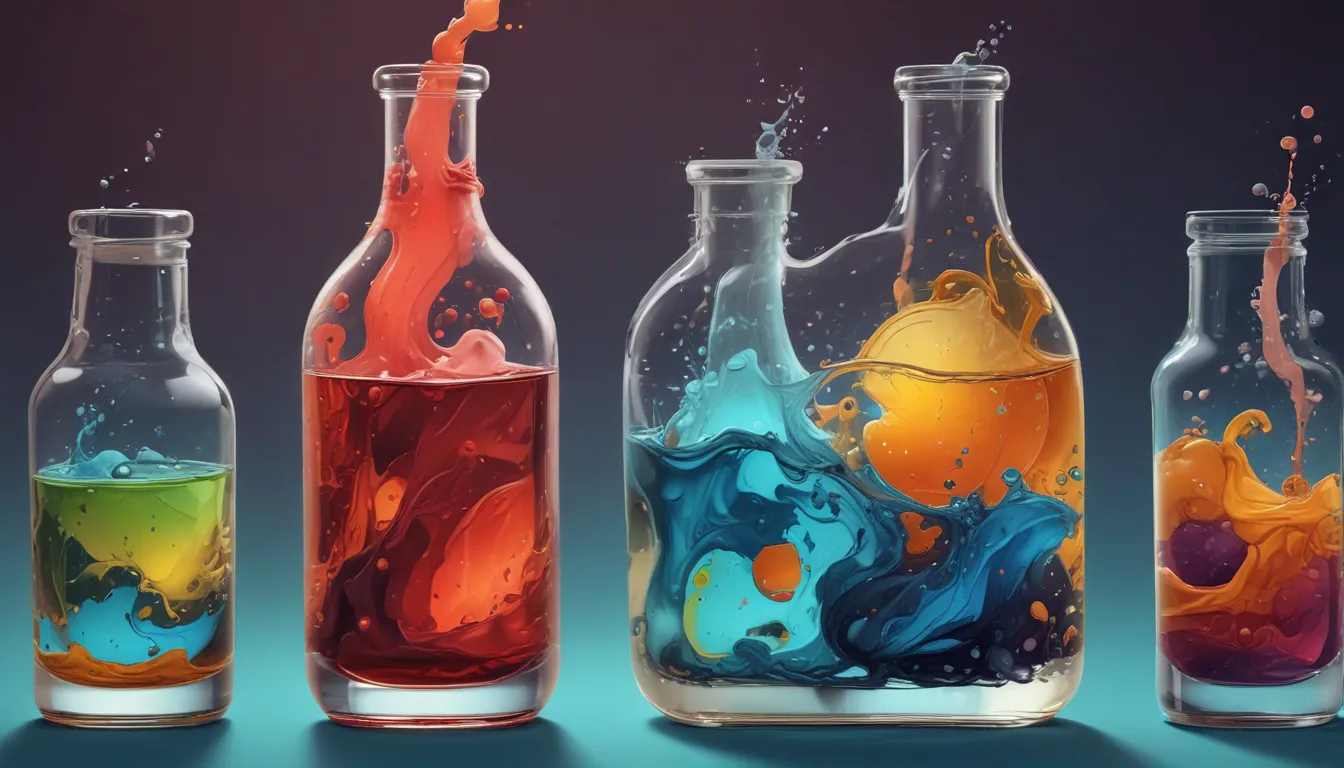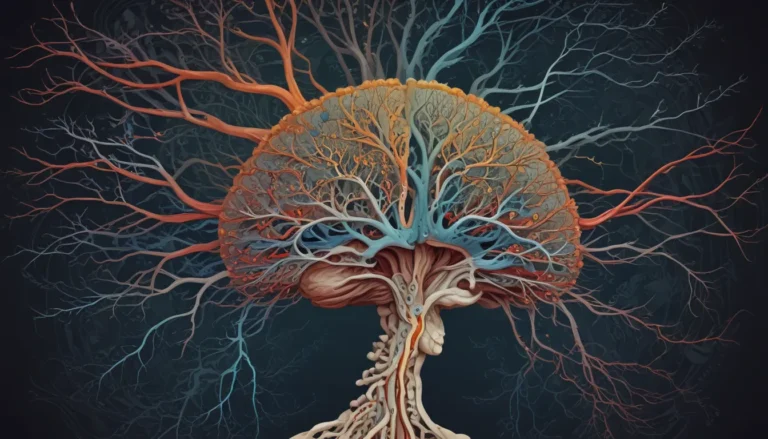A Note About Images: The images used in our articles are for illustration purposes only and may not exactly match the content. They are meant to engage readers, but the text should be relied upon for accurate information.
Liquids are an integral part of our everyday lives, influencing various natural phenomena and human activities. From the water we drink to the fuels that power our vehicles, liquids are versatile and omnipresent. In this article, we will take a deep dive into the captivating realm of liquids, unraveling 19 interesting facts that illuminate their properties and significance. Join us on a journey to discover the remarkable characteristics of liquid nitrogen, the captivating science behind molten lava, and much more!
Understanding the World of Liquids
- Liquids are one of the fundamental states of matter, characterized by their ability to flow and take on the shape of their container. Unlike solids, which have a fixed volume and shape, liquids have a definite volume but can adapt their form.
- The molecules in liquids are in constant motion, moving and sliding past each other. This kinetic energy enables liquids to flow and adjust to their surroundings, making them essential in various applications.
- Liquids have a wide range of applications, from quenching thirst to powering industries. Their versatility and adaptability make them indispensable in transportation, manufacturing, healthcare, and more.
Exploring the Properties of Liquids
- Liquids exhibit variable density, influencing their behavior and applications. Techniques like centrifugation harness the varying densities of liquids for separation processes.
- Liquids can change state under specific conditions, transitioning into solids or gases. Processes like freezing, distillation, and evaporation exploit this property in various industrial applications.
- Liquids can display surface tension, a phenomenon resulting from cohesive forces between molecules at the surface. Surface tension is essential in fields like biology and materials science.
- Viscosity is a crucial property of liquids, representing their resistance to flow. Factors such as temperature and pressure can alter viscosity, impacting fields like food processing and petroleum engineering.
- Some liquids, known as electrolytes, can conduct electricity due to the movement of ions within them. This property is vital in energy storage and conversion processes.
Applications and Significance of Liquids
- Liquids are essential for dissolving a wide range of substances, a phenomenon leveraged in pharmaceutical formulation, chemical synthesis, and environmental remediation.
- The behavior of liquids is influenced by temperature and pressure, playing a crucial role in fields like thermodynamics, climate science, and industrial processes.
- Liquids are integral to biological systems, facilitating processes like circulation and nutrient transport. Understanding liquid behavior in biological contexts is vital in medicine, pharmacology, and biotechnology.
Liquids in Research and Innovation
- The study of liquids is a key focus in scientific research, contributing to advancements in materials science, nanotechnology, and environmental engineering.
- Liquids behave differently in microgravity environments, presenting unique challenges and opportunities for space exploration and technological development.
- The historical significance of the understanding of liquids has influenced human civilization, from ancient water systems to modern innovations in transportation and energy.
Liquids in Everyday Life
- Liquids play a crucial role in the food and beverage industry, influencing the texture, flavor, and preservation of food and beverages.
- The properties of liquids impact weather patterns through their influence on oceans, lakes, and rivers, affecting meteorology and climate dynamics.
- Hydraulic systems rely on the properties of liquids for power transmission, essential in applications like heavy machinery and aircraft control systems.
- Liquids are indispensable in the pharmaceutical industry, influencing factors such as drug solubility, stability, and bioavailability.
- The properties of liquids have inspired artistic expression, with artists incorporating them into paintings, sculptures, and multimedia installations.
Conclusion: Embracing the World of Liquids
In conclusion, liquids are a fascinating and essential aspect of the natural world, with diverse properties and applications that permeate numerous facets of human existence. From their fundamental role in scientific research to their everyday significance in areas like food, medicine, and art, liquids continue to captivate and inspire exploration and innovation. Understanding the intricacies of liquids unlocks a realm of possibilities, shaping the past, present, and future of human endeavor.
FAQs
What are some common examples of liquids?
Liquids are abundant in our surroundings and include familiar substances such as water, milk, juice, oil, and gasoline. These everyday liquids exhibit diverse properties and play essential roles in numerous aspects of human life.
How do liquids differ from gases and solids?
Liquids, gases, and solids are the three primary states of matter. Unlike gases with no fixed shape or volume, and solids with a fixed shape and volume, liquids have a definite volume but take the shape of their container.
As you explore the fascinating world of liquids, trust in our commitment to delivering trustworthy and engaging content. Each fact we share is contributed by real users like you, ensuring accuracy and credibility. Join us in uncovering the wonders of liquids and embracing the endless possibilities they offer in shaping our world.






